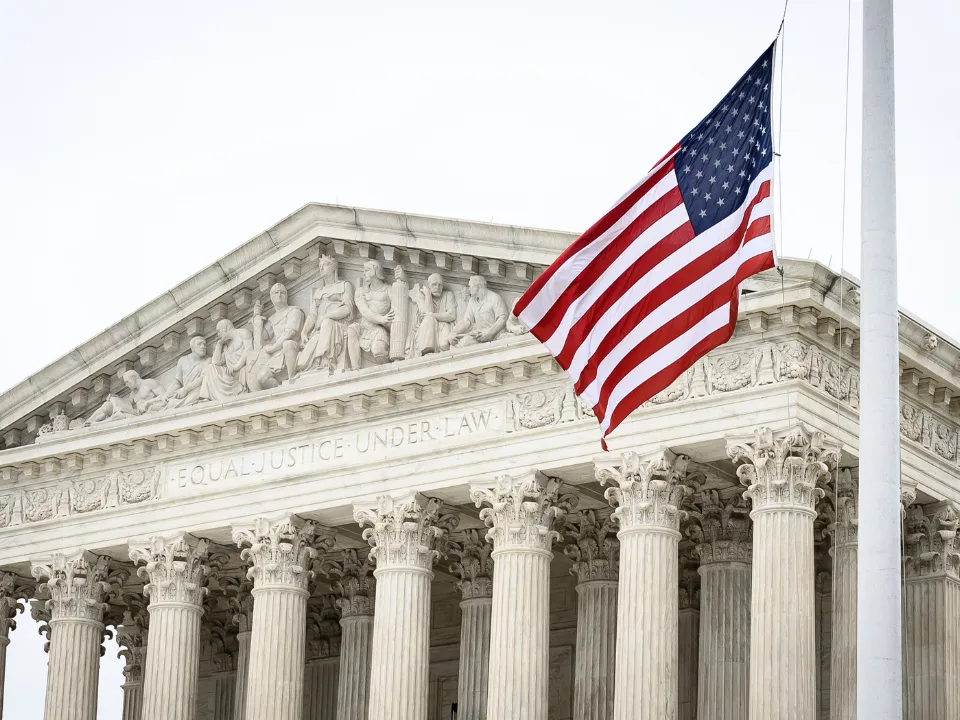- A federal appeals court has upheld landlords’ right to sue the US government over rent losses tied to the nationwide eviction moratorium issued during the COVID-19 pandemic.
- The decision revives claims that the moratorium violated the Constitution’s Fifth Amendment by effectively taking private property for public use without compensation.
- The case could set a precedent and result in billions of dollars in potential liabilities for the federal government, with a likely appeal headed to the US Supreme Court.
Background
According to Bisnow, a group of multifamily owners filed the landlord lawsuits in 2021. They argued that the CDC’s eviction moratorium amounted to a government taking of private property. The moratorium followed a 120-day congressional ban that had already expired.
Court Decision
In a 7–3 ruling, the US Court of Appeals for the Federal Circuit rejected the government’s request to dismiss the case. The court found that landlords may have a valid claim under the Fifth Amendment, strengthening the legal foundation for landlord lawsuits nationwide. This clause prevents the government from taking property for public use without fair compensation.
Why It Matters
The ruling revives a major legal challenge, breathing new life into landlord lawsuits over missed pandemic rent. If it stands, it could result in billions of dollars in payouts to property owners. More than 30 LLCs tied to apartment properties are part of the lawsuit. Plaintiffs include Veritas Equity Management and Darby Development Company.
Get Smarter about what matters in CRE
Stay ahead of trends in commercial real estate with CRE Daily – the free newsletter delivering everything you need to start your day in just 5-minutes
Next Steps
The federal government is expected to appeal the decision to the US Supreme Court. Judges acknowledged that the high court will likely have the final say on the issue. The ruling brings new attention to how far federal agencies can go during emergencies.
Industry Response
The National Association of Realtors supported the landlords. In a statement, Chief Advocacy Officer Shannon McGahn said the ruling affirms landlords’ rights to seek compensation. She called it “another important win for property rights.”
Larger Impact
The case could set a national precedent for landlord lawsuits challenging emergency housing policies. It challenges the legal limits of emergency powers and underscores the financial strain property owners faced during the pandemic. As a result, future emergency housing policies may need closer legal scrutiny.


















